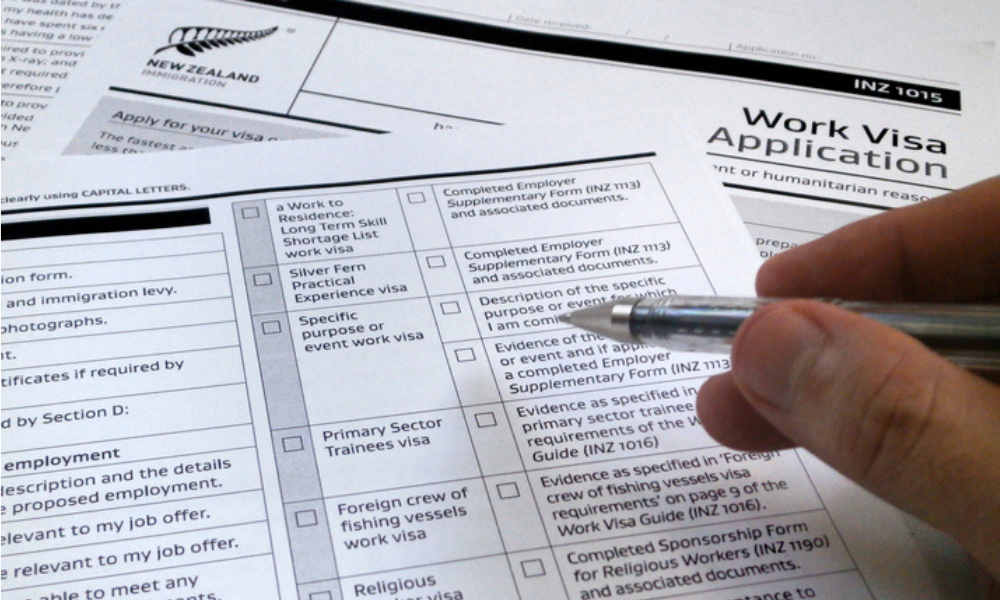
Exemptions introduced to avoid labour shortages amid AEWV review

The New Zealand government is implementing short-term changes to the Accredited Employer Work Visa (AEWV) programme to avoid shortages in some sectors while long-term adjustments to the AEWV are under consideration.
Effective from September 8, certain roles within the meat and seafood processing, tourism and hospitality, and care workforce sectors will be temporarily exempt from the AEWV minimum skill requirements.
"These changes only exempt AEWV applicants from the minimum skill requirements introduced in April 2024. Applicants will still need to meet any requirements listed by the employer in the Job Check application," Immigration New Zealand said in a statement.
For the meat and seafood processing sector, the exemption is available to new visa applicants who have been offered roles under the 2024/25 cap within the sector agreement.
In the tourism and hospitality sector, existing visa holders are exempt from paying the February 2023 median wage if:
For the care workforce sector, temporary exemptions are granted to existing visa holders who were granted a visa between July 4, 2022, and November 23, 2023.
They should also be paid at least NZD$26.16 per hour and are applying for a further one-year AEWV for the same occupation without meeting the new skill requirements.
"These changes are part of a wider review of the AEWV to ensure it is fit for purpose," Immigration New Zealand said. "Targeted consultation on potential longer-term options to further improve the AEWV will continue throughout the year."
The New Zealand government has been implementing various measures to avoid shortages, such as introducing a new Specific Purpose Work Visa subcategory ahead of seasonal peaks.
It also raised the cap for the Recognised Seasonal Employer scheme by 1,250 to reach 20,750.